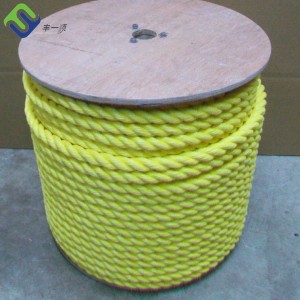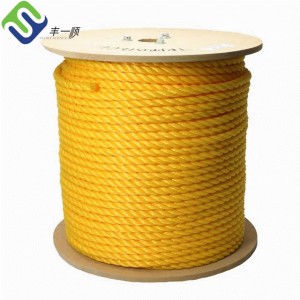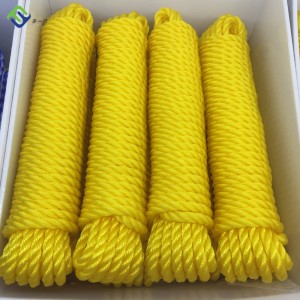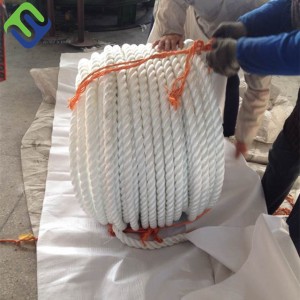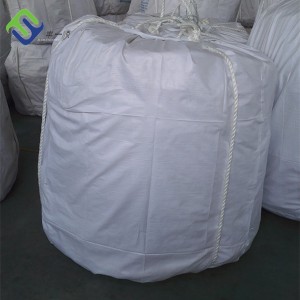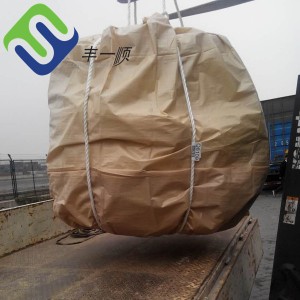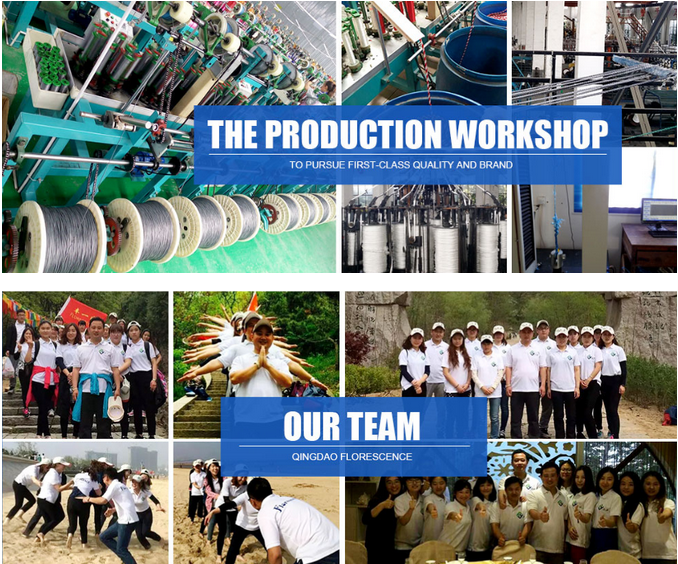4mm – 56mm 3 Strand Twisted Polypropylene PP Ship Marine / Boat Mooring Rope
About Polypropylene Rope
Despite its many apparent weaknesses, polypropylene finds many applications on dinghies and yachts. Where it is necessary to have a large diameter rope for handling purposes polypropylene is ideal due to its low weight and minimal water absorption. Where strength is not an issue (eg dinghy mainsheets) it can be used alone while more demanding applications will use a high strength core inside a polypropylene cover.
Polypropylene’s ability to float on water is, however, its most valuable attribute for the sailor. Used in applications from rescue lines to dinghy tow ropes it remains on the surface resolutely refusing to get dragged into propellers or lost under boats. While most users will be interested in the fine spun soft finished family of polypropylene ropes, dinghy sailors whose class rules require them to keep a tow line on board should look out for the harder finished rope intended for water-ski tow lines. Apart from being slightly stronger than the fine finished material, it traps minimal amounts of water between the fibres, keeping weight to a minimum.
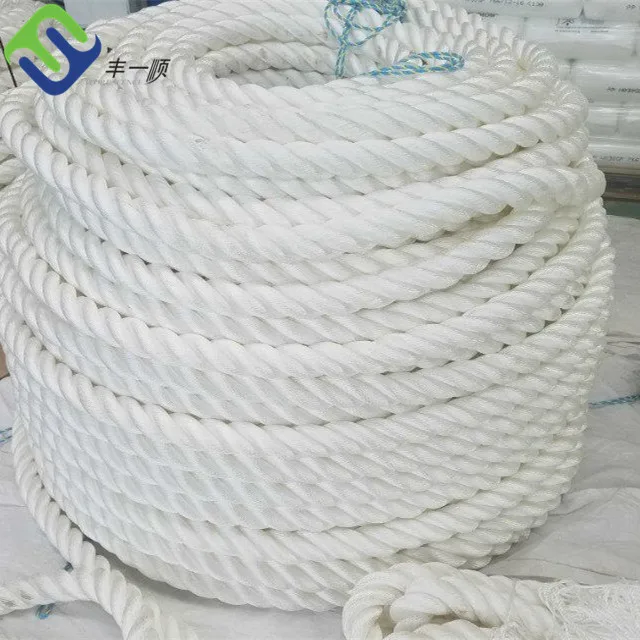
Packing & Delivery
Our Company
4mm – 56mm 3 Strand Twisted Polypropylene PP Ship Marine / Boat Mooring Rope Related Video:
